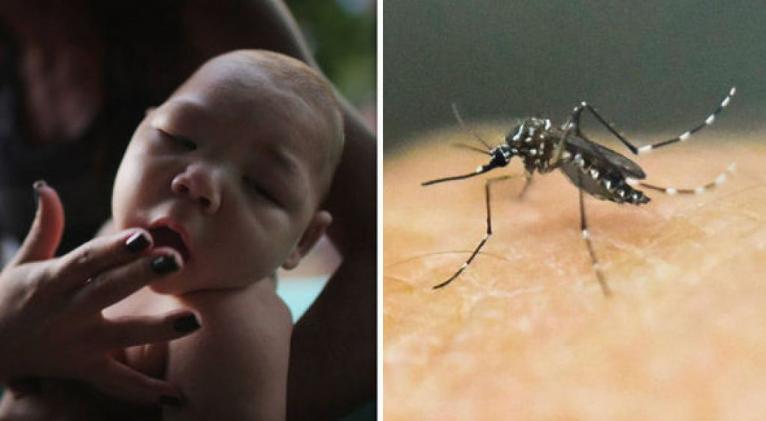Health experts say Zika "a bit scarier" than initially thought
especiales

U.S. health officials said Monday that the more researchers learn about the Zika virus, the scarier it appears, calling for more funds for mosquito control and for developing vaccines and treatments.
"Most of what we're learning is not reassuring," said Anne Schuchat, principal deputy director of the U.S. Centers for Disease Control and Prevention. "Everything we look at with this virus seems to be a bit scarier than we initially thought."
Schuchat said that the Zika virus has mainly spread to people primarily through the bite of an infected Aedes species of mosquito and is linked to a broader set of complications in pregnancy, not just microcephaly but also premature birth, eye problems and some other conditions.
Anthony Fauci, director of the U.S. National Institute of Allergy and Infectious Diseases, detailed that Zika may also cause an autoimmune disorder called the Guillain-Barre syndrome, a spinal cord inflammation called acute myelitis, a brain inflammation called Meningoencephalitis, as well as an autoimmune condition called Acute Disseminated Encephalomyelitis, which shares some traits with multiple sclerosis.
"I'm not an alarmist...but the more we learn about the neurological aspects, the more we look around and say this is very serious," Fauci said.
Both Schuchat and Fauci made the remarks at a White House press briefing, where they were invited to provide an update on this virus and the risk that it poses to the U.S. public.
Schuchat said the Aedes aegypti mosquitoes that spread the virus are present in about 30 U.S. states, instead of 12 states as initially thought.
Meanwhile, the virus is likely to be a problem during much of the pregnancy period, not just the first trimester but potentially throughout the pregnancy, she said.
Health official and experts around the world have reached consensus that the most pressing task now is to advance research and development (R&D) for Zika medical products.
According to the World Health Organization, as of March 2, 67 companies and research institutions were already working on a number of products (31 on diagnostics, 18 on vaccines, 8 on therapeutics, 10 on vector control), which are at various stages of early development. No vaccine or therapeutic option has yet been tested on humans.
"Vaccine development is still at an early stage and the most advanced candidates are still months away from entering early human clinical trials," Marie-Paule Kieny, WHO Assistant Director-General for Health Systems and Innovation, said in March.
"It is therefore possible that vaccines may come too late for the current Latin American outbreak, but the development of a vaccine remains an imperative for regions likely to be affected by Zika in the foreseeable future, in particular vaccines suitable for pregnant women and women of child bearing age," she said.
However, Kieny said Zika diagnostic development is at a more advanced stage, and some tests have already obtained authorization in some countries.
Over 30 companies are working on or have developed potential diagnostic tests. There is general support for the development of a target product profile for a multiplex test that can diagnose dengue, chikungunya and Zika viruses.
The WHO declared a global emergency in early February amid a Zika outbreak in Central and South America.
According to the U.S. Centers for Disease Control and Prevention, active Zika outbreaks have been reported in at least 41 countries or territories, most of them in the Americas. Brazil has been the country most affected.
China has also been on alert as the warming weather may facilitate the spread of the mosquito-borne virus.
In early February, China's foreign ministry spokesman Lu Kang said China would help countries in Latin America contain the spread of Zika. "China supports Latin America's epidemic prevention efforts and is willing to cooperate and provide assistance within our capacity," said the spokesman.
Lu added that China was paying close attention to the situation as well as developments in virus control.













Add new comment